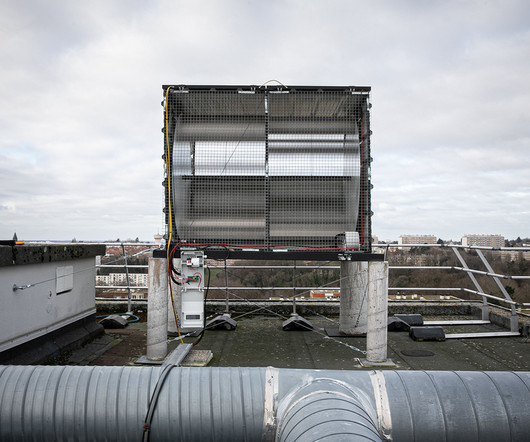Pee-powered fuel cells could be the future for hydrogen cars
Green Cars News
JUNE 20, 2014
Urine could be the next cheap catalyst idea that would allow fuel cell vehicles to become significantly cheaper. According to new research by Korea University in Seoul, South Korea, carbon atoms recovered from human urine could replace the use of expensive metals like platinum, as a catalyst for t[.].














Let's personalize your content